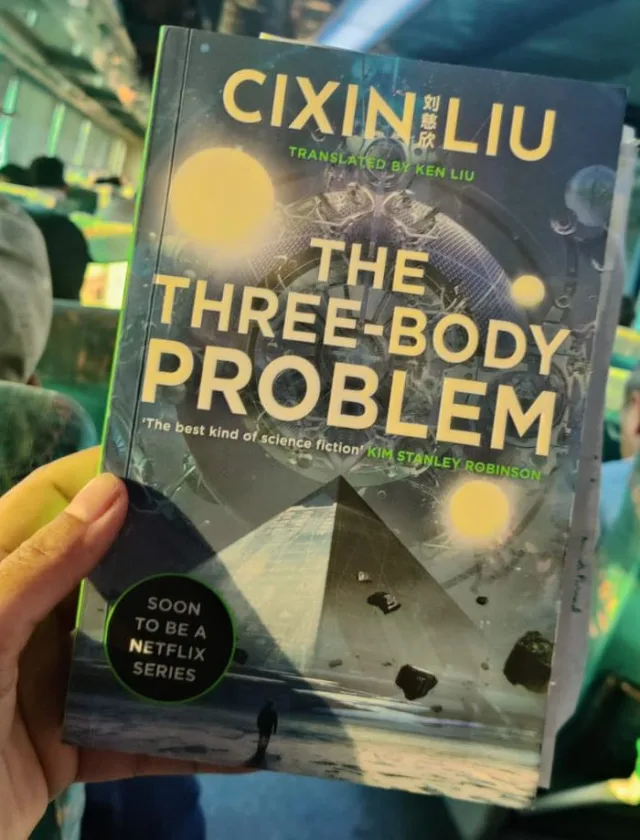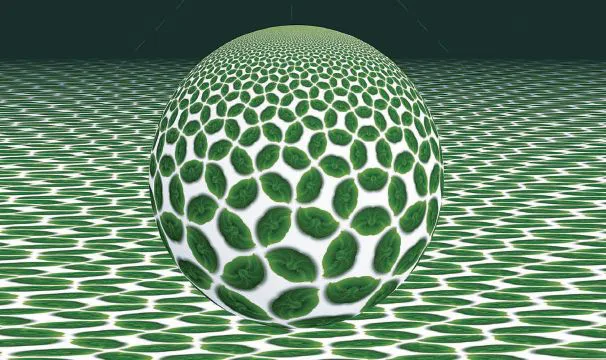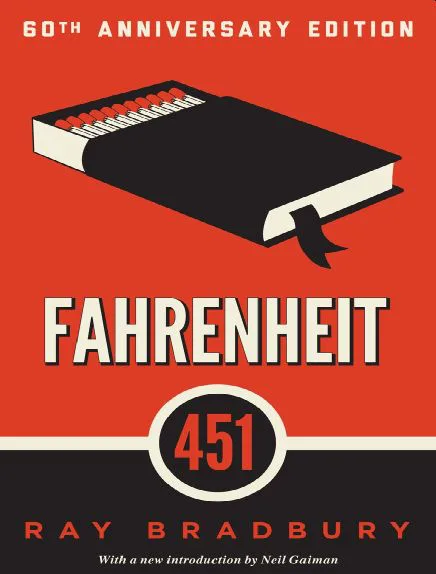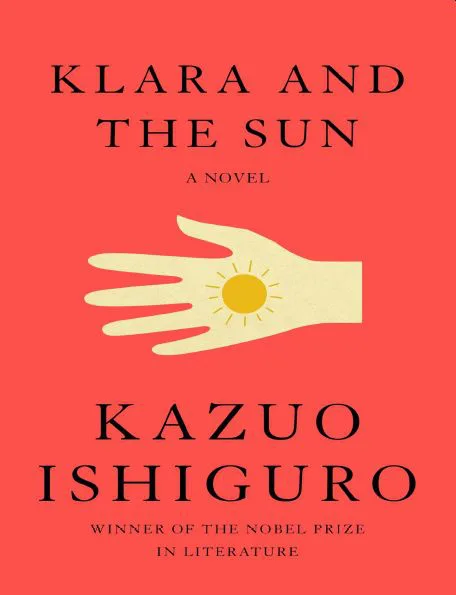
“The Three-Body Problem,” an absolute gem of a story was crafted by Liu Cixin. Originally released as a serial in Science Fiction World back in 2006, the work hit bookshelves as a standalone novel in 2008. It snagged the prestigious Galaxy Award for Chinese science fiction in 2006 and quickly became a literary sensation in China.
The English translation was done by Ken Liu in 2014. Not only did it become the first novel by an Asian author to snag the Hugo Award for Best Novel, but it also earned a nomination for the Nebula Award for Best Novel.
The storyline revolves around an extraterrestrial society receiving a communication from a Chinese researcher during the 1970s, prompting them to consider a visit to Earth.
While the primary setting is Earth, precisely in China, much of the narrative orbits around an online gaming platform that constructs a wholly new immersive universe for its users. This also happens to be my favorite part. It’s like stepping into history as a first-person adventurer, dropped onto this mysterious planet with zero clues about what’s what. The players have to figure things out as they go, just like in today’s games, picking up communication skills and historical tidbits along the way. Before going further on the gaming arena, let’s talk a li’l bit more about the plot’s progression first.
The Plot
The novel traces the journeys of two central characters, Ye Wenjie and Wang Miao.
Ye Wenjie’s story begins during China’s Cultural Revolution in the 1960s. After watching her father tragically lose his life because he supported his scientific beliefs, Ye’s life takes a difficult turn. Later on, when she finds herself in a similar dangerous situation, she knows she has to use her skills as an astrophysicist to help the Chinese government on a secret military project in order to stay safe.
On the other hand, Wang Miao’s tale unfolds many years later, amidst a baffling increase in suicides among Chinese physicists. Intrigued by the mysterious deaths, Wang embarks on a quest to uncover the truth behind them. Along the way, he stumbles upon a mysterious game called The Three-Body Problem.
Liu skillfully weaves together the stories of Ye, Wang, and The Three-Body Problem, revealing a struggling alien civilization on the brink of invading Earth.
As the story unfolds, humanity finds itself split into two camps:
- One, consists of individuals who are welcoming the arrival of extraterrestrial visitors
- while others who staunchly opposing it.
Although, the novel initially unfolds at a leisurely pace, it swiftly transitions into a thrilling and absorbing journey. Very deftly, the author has seamlessly woven together a story line showcasing trauma and its after effects to an individual and society at large along with intricate scientific concepts.
I was captivated by the author’s depiction of the aliens, which diverges from the usual assumption that advanced beings would bring peace and enlightenment. Instead, the narrative presents a darker perspective, challenging common expectations about extraterrestrial encounters. This fresh take on preparing to meet a civilization left a lasting impression on me, offering a new and thought-provoking angle on the topic. I also want to give a shout-out to the dynamics of the Trisolar universe portrayed in the book.
The Dynamics of Trisolar Universe
The virtual reality (VR) game immerses players into the Trisolar Universe, an actual cosmos featuring three suns. Trisolar lags behind Earth in most technological aspects, as it mirrors earlier epochs of Earth’s history. However, intriguingly, Trisolar surpasses Earth in certain technological domains.
Trisolar experiences alternating phases of “chaotic epochs” and “stable epochs,” each with indefinite durations. During these periods, the varying arrangements of the three suns lead to extreme temperatures, causing the demise of numerous civilizations due to intense heat or bitter cold. In order to endure the chaotic epochs, inhabitants of Trisolar resort to dehydrating themselves as a survival strategy.
The objective of the game is to disseminate knowledge about Trisolar among individuals of high intellect and social status. Despite the actual existence of Trisolar, the game unfolds uniquely for each player, presenting diverse experiences and outcomes.
Humanity’s Environmental Impact and Biases in Scientific Discovery
One of the themes that struck with me the most is how we as humanity destroy everything around us under the name of progress. We often clear forests without much consideration, leading to the extinction of countless species simply because we don’t see them as useful. It’s akin to treating them as disposable, eradicating them without remorse or thought, much like pulling weeds from a garden.
Another thought-provoking idea in the book is the influence of human biases on scientific discovery. Despite the perception of science as a quest for objective truth, Liu Cixin’s narrative highlights how our personal beliefs and prejudices shape the interpretation and application of scientific knowledge.
Rather than fostering unity and consensus, scientific findings can be distorted and exploited to further political agendas. This manipulation of science leads to increased societal divisions and conflicts, emphasizing the complex interplay between science, politics, and human biases in shaping our understanding of reality.

Takeaway
The novel sometimes dives into complex science, which might be tough for non-scientific readers like me, but it didn’t spoil my enjoyment.
Although I found some explanations overwhelming, the fluidity of the narrative kept me engaged throughout. Despite the occasional lengthy scientific passages, I was captivated from start to finish and never once felt bored.
Overall, “The Three-Body Problem” utterly overwhelmed me, leaving a trail of intellectual devastation in its wake. Each individual idea within its pages could have easily sustained an entire book, yet the author’s ability to weave them into a single, cohesive epic narrative is truly awe-inspiring.
Also, I’d like to say that the fear of losing a crucial yet elusive essence of the story is always present with translations. In fact, in the translator’s notes appended at the conclusion of the book, Ken Liu acknowledges this concern and highlights his efforts to conserve not just the narrative, but also the rhythm and essence of the Chinese language and culture in his translation. In my opinion, he executed this task admirably.
The inventiveness and groundbreaking nature of the science fiction elements in the novel have clearly sparked my imagination and curiosity. This anticipation has me eagerly awaiting the next two books—I’ve already ordered them!



